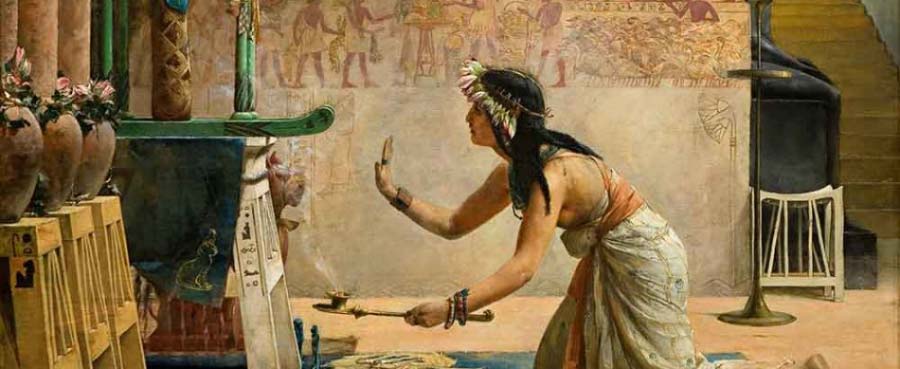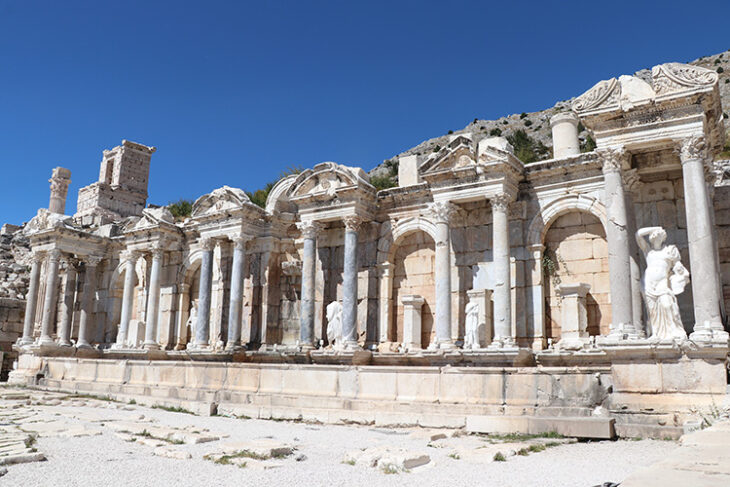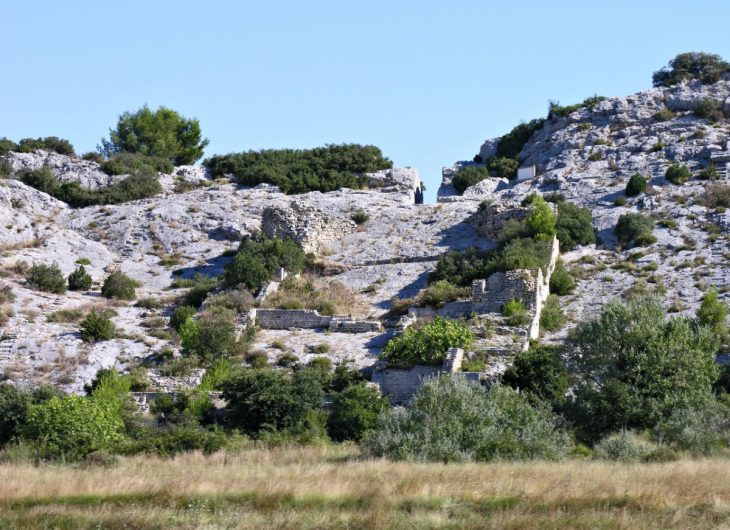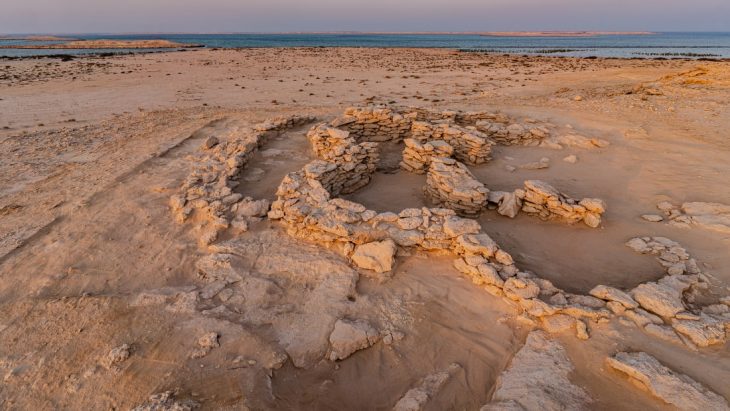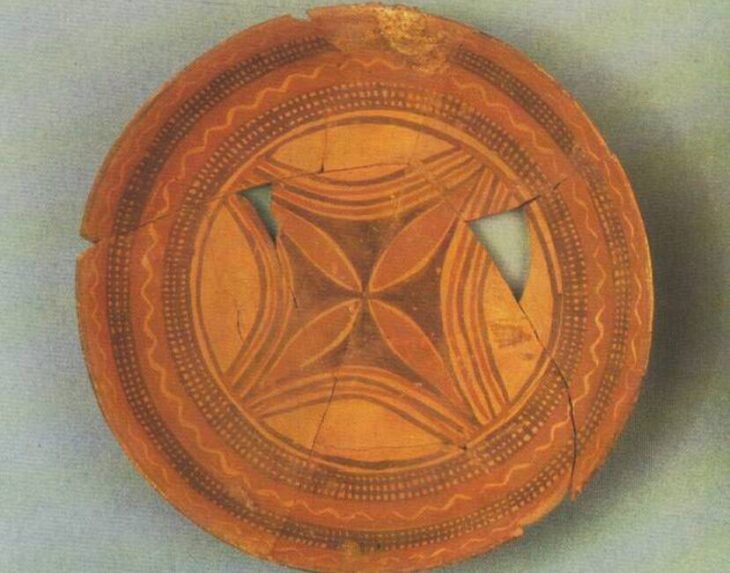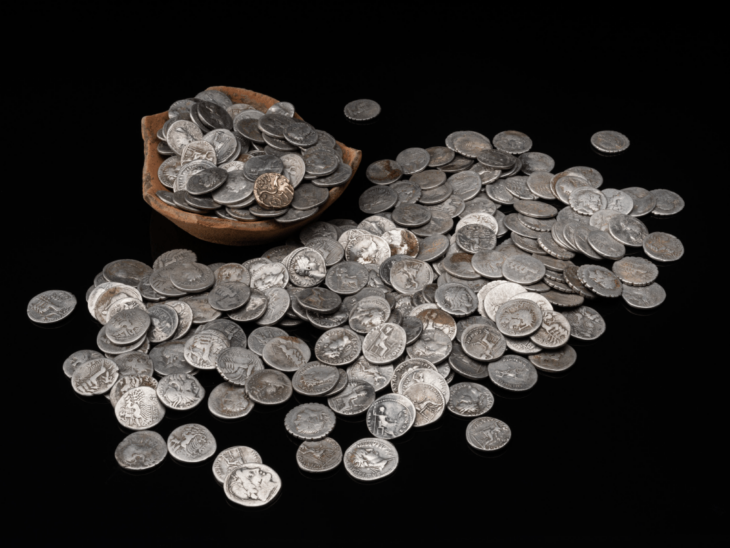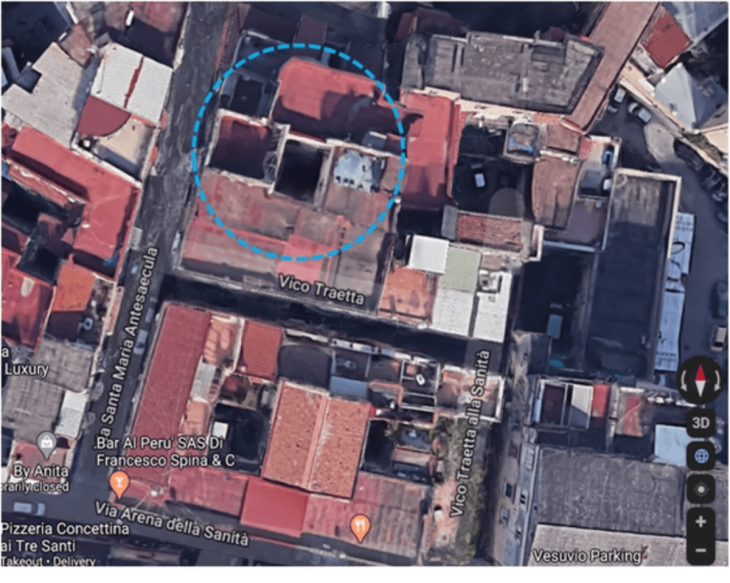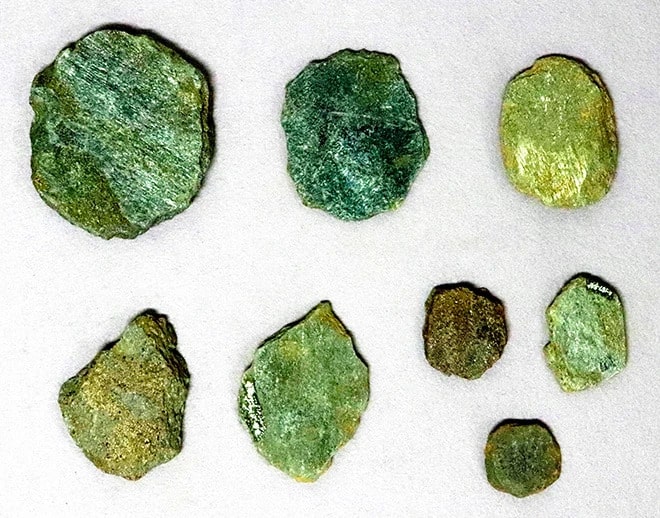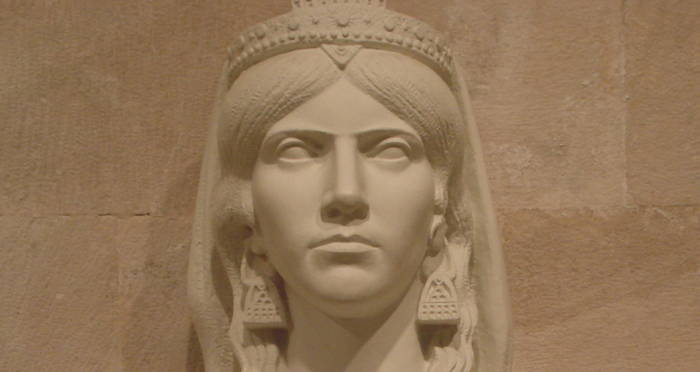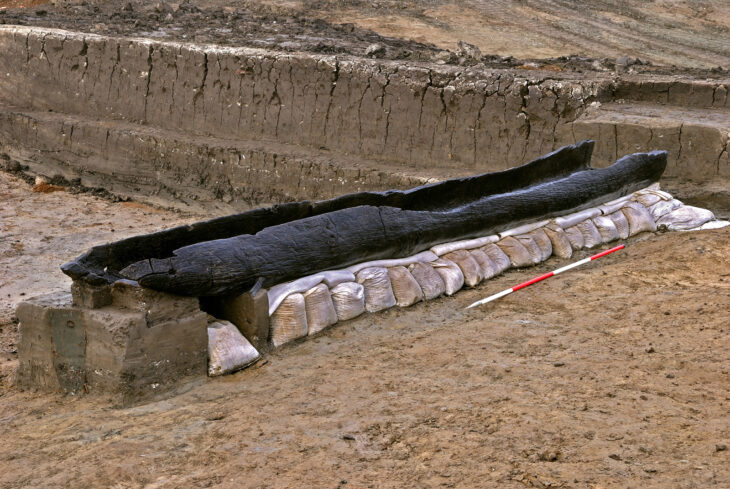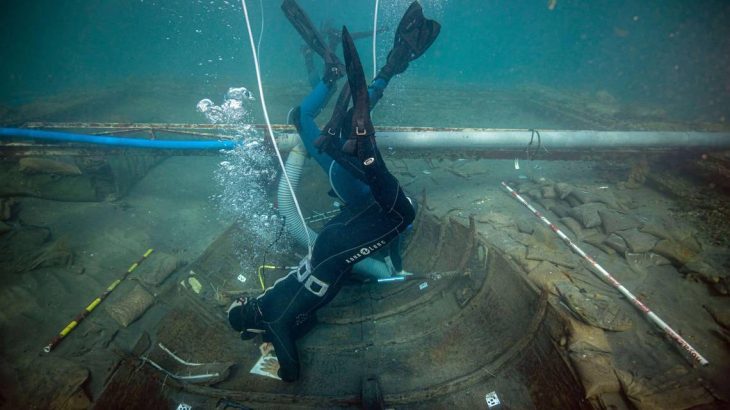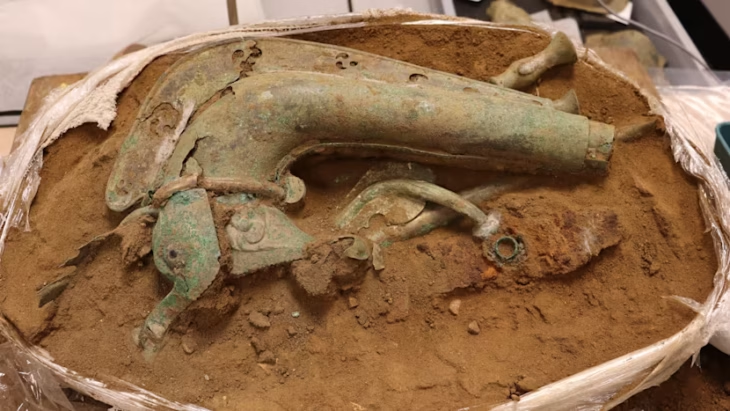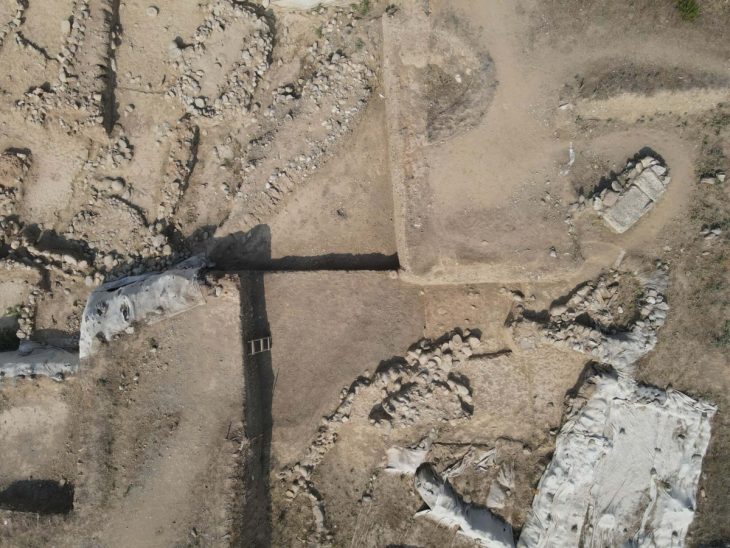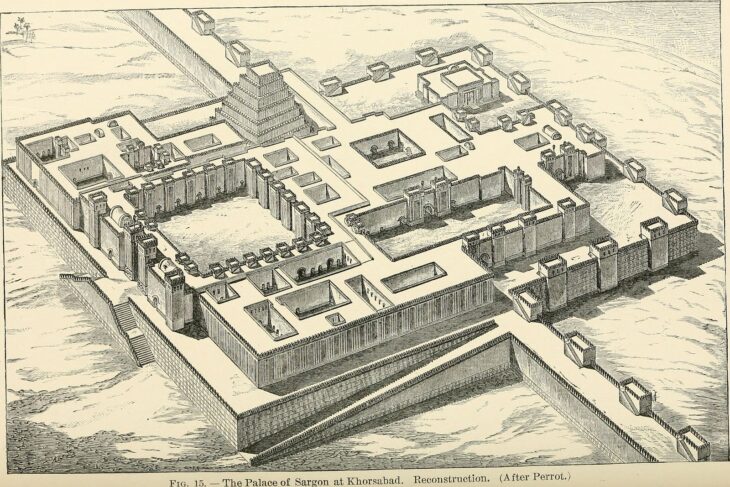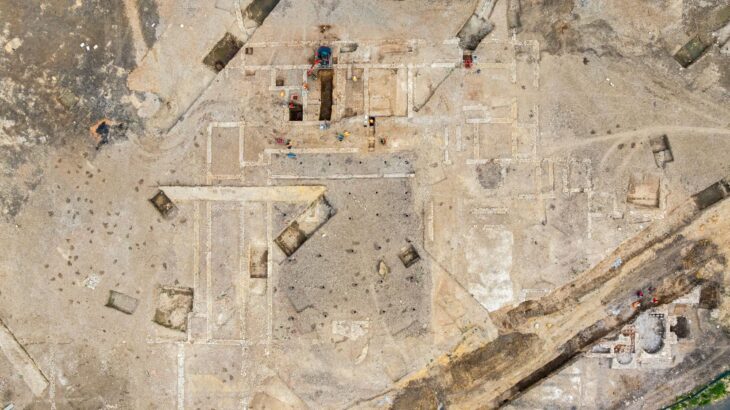One of the scent formulas written in Akkadian on clay tablets by Tapputi, known as the world’s first female perfumer and first female chemist in Mesopotamia 3,200 years ago, has been recreated.
A team of 15 experts, including academics, carried out studies to uncover the 3200-year-old formula.
Tapputi is considered to be the first registered chemist in the world, a perfume manufacturer mentioned on a cuneiform tablet dated around 1200 BC in Mesopotamia. Tapputi is referred to as Tapputi-Belatekallim (“Belatekallim” refers to the female overseer of a palace) on tablets.
In her mixtures, according to the clay tablets Tapputi recorded, Tapputi used flowers, oil, and calamus, along with cyperus, myrrh, and balsam. She mixed it with water or other solvents before distilling and filtering it multiple times.
In this study, conducted in collaboration with Koku Akademisi ve Koku Kültürü Derneği (Smell Academy and Scent Culture Association), the data that shed light on that period were reached as a result of the formulas that Tapputi wrote on a clay tablet in cuneiform.
📣 Our WhatsApp channel is now LIVE! Stay up-to-date with the latest news and updates, just click here to follow us on WhatsApp and never miss a thing!!
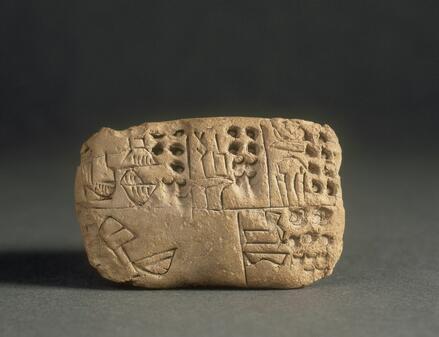
Fragrance Expert Bihter Türkan Ergül said, “There was some information about Tapputi on clay tablets written in Akkadian. We could find answers to questions such as how it makes the smell, how it performs the distillation process, and how it reaches the liquid fragrance substances in these tablets. Each cuneiform on the tablet gave us a different excitement. The real-time travel was to be able to smell that scent as a result of the work.”
Fragrance Expert Bihter Türkan Ergül, who works with a team of 15 experts in total, said that they have been working for 3 years to bring this fragrance to light.
Mentioning that there are hundreds of tablets on the fragrance that have been unearthed so far, Ergül stated that some of them have been translated and they are continuing to work on the rest. Ergül also made the following statements about the clay tablet written by Tapputi:
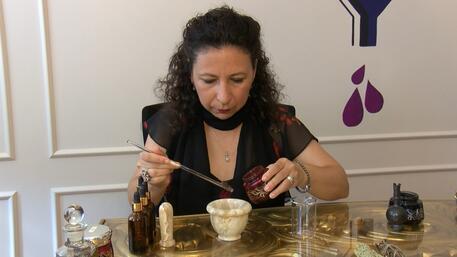
“In the scent formulas on the clay tablets, information such as how Tapputi made his transactions in the full moon and how he presented it to the stars one by one. In other words, it is written not only in the formula but also in the way the fragrance is made. How he distilled it, how he used fire and water, how he rested it, how he brewed it, and how he filtered it, are included in the tablet, down to the smallest detail. A total of 27 pages of translation came out of the small two tablets. It took pages to interpret. Such a wealth of information comes out of the cuneiform in such a small tablet. Here, lemon balm, myrrh, rose, and botanical plants are mentioned. Each cuneiform of this gave us a different excitement. The real-time travel was to be able to smell it at the end of the job. After this project is finished, we are left with 11 clay tablets. I don’t know if my life, in the end, will be enough to produce them, but a great effort awaits us in order to keep the scent culture alive and bring it to light again.”
Associate Professor Doctor Cenker Attila: There are two tablets in the world where the name “Tapputi” is mentioned
Stating that Tapputi uses all kinds of plants and substances such as flowers, tree resins, spices, and horseradish in the production of perfumes, Associate Professor Cenker Atila, who is an expert on ancient perfumes, ceramics, and glass works, Said, that there are only 2 tablets in the world where the name Tapputi is mentioned.
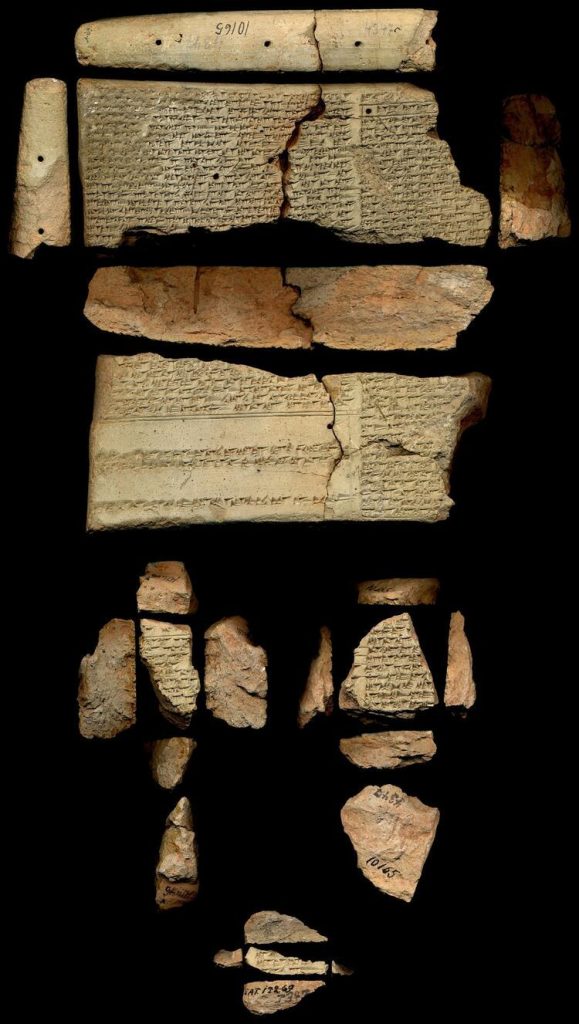
One of them is in the Louvre Museum in Paris and the other in the Girl Museum in Germany. The tablet found in the Louvre states that Tapputi was a royal perfumer and was called Belatekallim -refers to the female overseer of a palace-. We have more information on the tablet in Germany. Unfortunately, half of the tablet is mostly broken. Despite this, we learn how Tapputi works with a female assistant whose name ends with -ninu and how he distills perfumes.
Stating that there are two important problems they encountered in the translation of the tablets, Atila said, “One of them is that the tablets were broken and some important parts were lost. The second difficulty is that some plants and containers used 3200 years ago do not have the exact equivalent. For example, we do not know exactly what the “hirsu” vessel is. However, since it is used in the perfume distillation process, it should be a container like a flower pot. In addition, the fact that we do not know the current names of some spices and flowers used in perfume production appears an important problem”.

